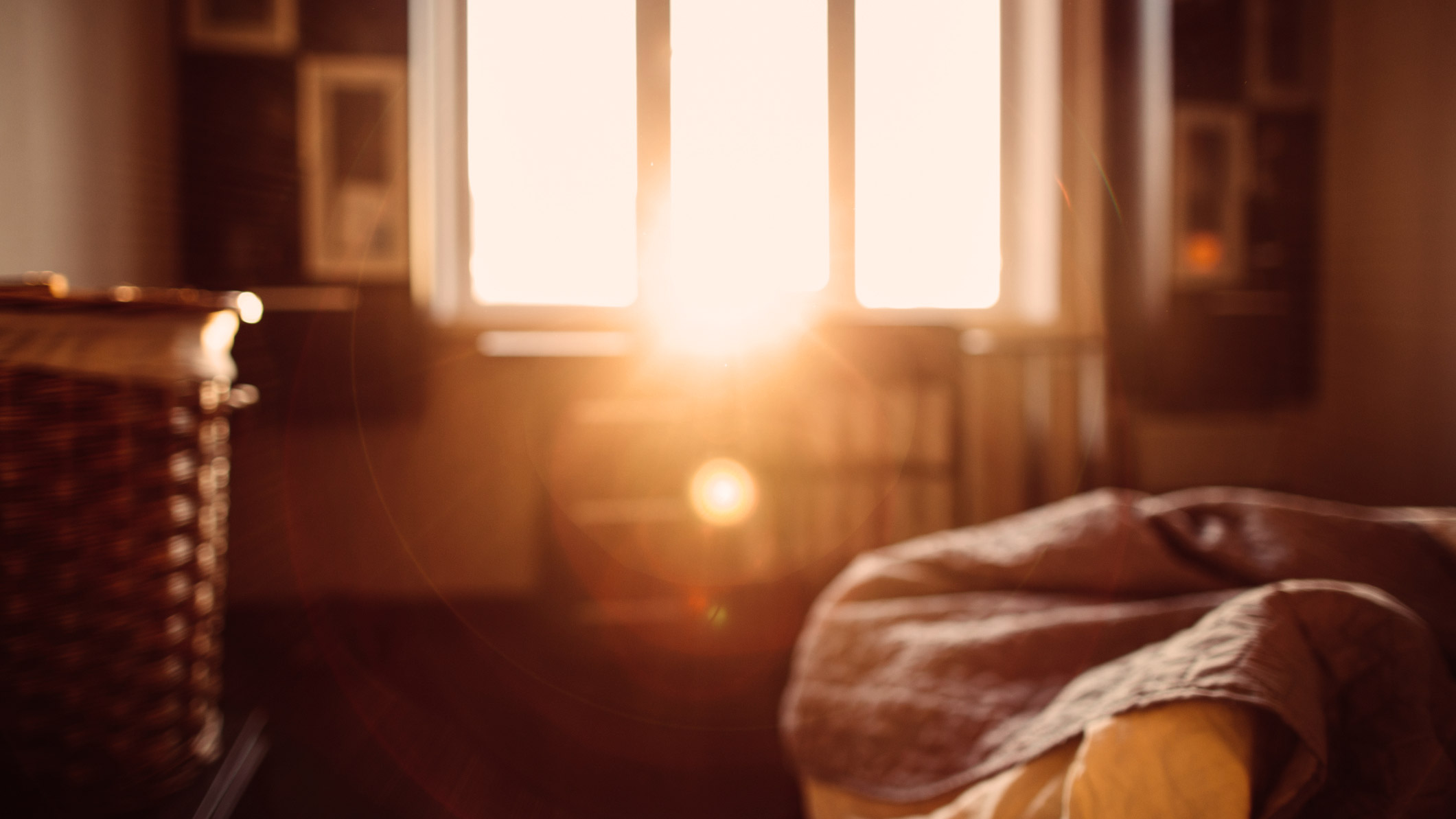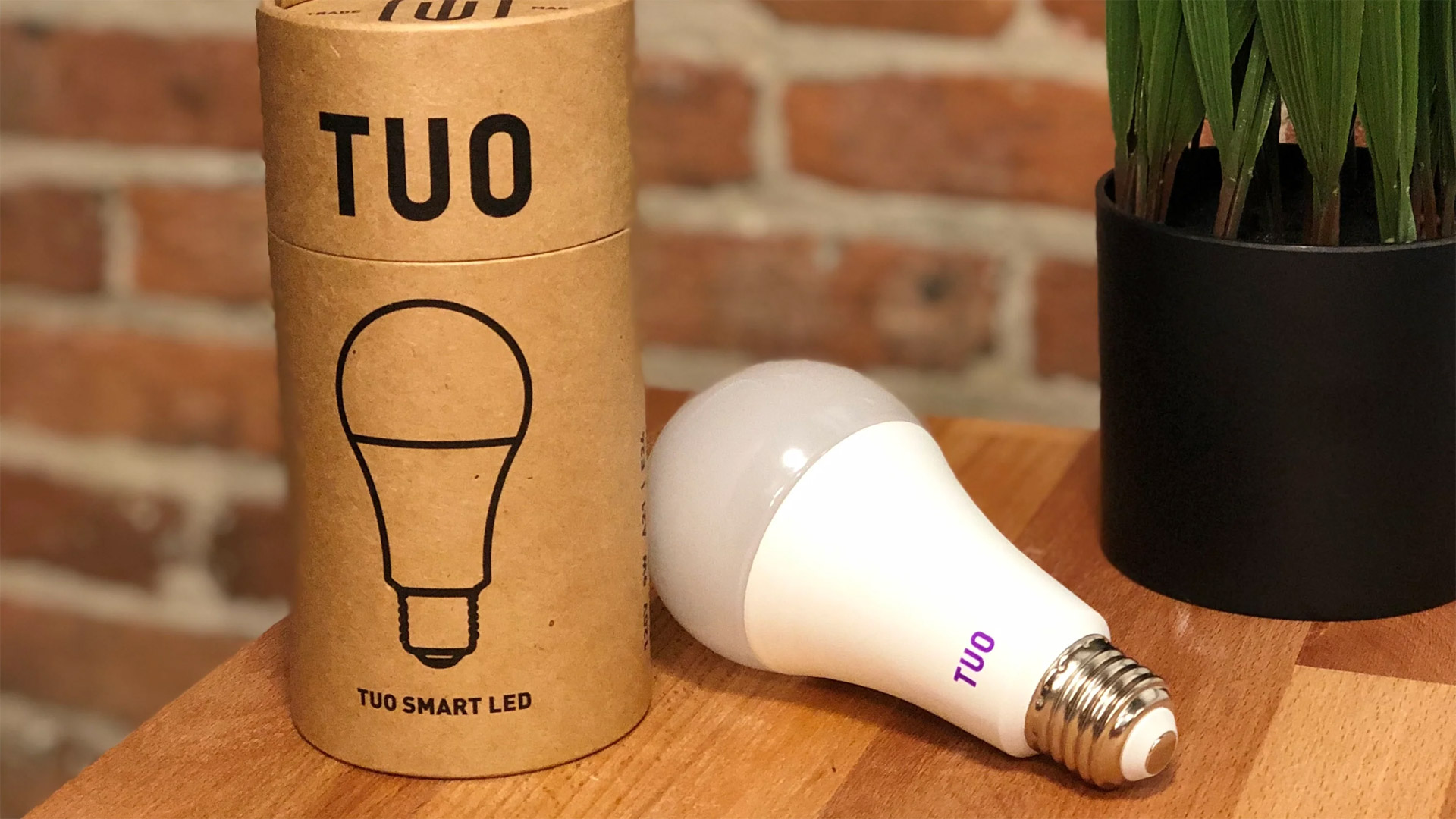Can't sleep? Try watching a sunset, says sleep expert
The light in a sunset can promote faster, deeper sleep

Those on the quest for better sleep have probably heard that bright lights and restful slumber are incompatible. Evening screen time can affect how well you sleep, as can light pollution from the street that illuminates your room when you’re tucked under the covers.
Exposure to either source can throw your circadian rhythm (AKA sleep-wake cycles) off balance, thus standing in the way of falling asleep quickly and achieving quality rest, even if you've invested in the best mattress. However, you may be surprised to learn that a very specific type of light exposure in the evening can actually improve sleep… and it’s none other than the light from a sunset.
Keep reading to learn about the primary benefits of watching a sunset and how doing so can boost your sleep quality and well-being. Plus: what to do to mimic the restorative powers of natural sunlight for better rest.
How light exposure affects sleep
Just as your diet, exercise routine, and general health status can dictate how well (or how poorly) you sleep, so can your exposure to light throughout the day.
“Light is an important modulator of sleep (and wakefulness),” says Nilong Vyas, MD, board-certified pediatrician, sleep coach, and founder of family sleep consulting service Sleepless in NOLA in New Orleans, Louisiana. Again, it holds a massive influence over your circadian rhythm. “When this system is in harmony, it promotes physical and emotional benefits.”
In simple terms, bright light exposure signals wakefulness, which makes it beneficial in the morning. Meanwhile, darkness is conducive to settling down to sleep at night.
“Before the overt use of artificial lights and electronic devices and less frequent outdoor time, the rising and setting sun set people's sleep-wake cycles,” Dr Vyas explains. “However, we now have to put more effort into optimizing our cycles through systematically timed light and dark stimulation.”
Get daily insight, inspiration and deals in your inbox
Sign up for breaking news, reviews, opinion, top tech deals, and more.

These points considered, Dr Vyas says specific light wavelengths can signal to the brain that it’s time to wake or sleep. “Exposing the retinas to light at certain times of day helps set the sleep-wake cycle,” she shares, which is where the benefits of watching a sunset for sleep comes in.
According to a 2020 study published in the journal Current Biology, the light wavelengths at both sunrise and sunset have a major impact on brain centers that regulate not only your internal clock but also alertness, mood, and cognitive function. The researchers explain that the cone photoreceptors in the eyes respond to:
- Short wavelength blue light, such as the kind illuminating your devices and streaming from artificial light sources
- Long wavelength orange and yellow light and contrasting light, which exists at sunrise and sunset
The latter wavelengths can be immensely helpful for your sleep patterns, as it “stimulates the cone photoreceptor inputs to specific neurons in the eye that regulate circadian rhythms.”
3 benefits of watching a sunset
Dr Vyas says that watching a sunset can improve sleep in a few ways.
1. It boosts melatonin levels
“The sunset activates the signal to the brain that it will soon be time for sleep by increasing melatonin levels,” she says. Melatonin is the famed sleep hormone, and its night time release is crucial to facilitate a smooth transition from wakefulness to sleepiness.
(Exposure to blue light and environmental light pollution close to bedtime suppresses the secretion of melatonin, Harvard Health explains — hence why both sources are red flags as far as sleep hygiene is concerned.)
2. It promotes deeper, more restorative sleep
“Increasing exposure to light waves at sunset resets the circadian rhythm, precipitating deeper and more restful sleep overnight,” Dr Vyas continues.
3. It supports relaxation and sleep latency
“If done regularly, watching the sunset can be an activity that creates a relaxation state in the body,” the sleep expert continues. Watching the sunset can inspire a sense of awe, which — when experienced on a daily basis — can reduce stress and help alleviate somatic health symptoms including insomnia and fatigue, per a 2023 article in the journal Scientific Reports.
When your body and mind are at ease — from watching a sunset, enjoying fresh air in nature, or any combination of contributing factors — you set the stage for shorter sleep onset (aka sleep latency), says Dr Vyas. In other words, you’ll have a much easier time drifting off to sleep.
How to mimic a sunset if you can't see one
Though it’s a worthy goal to watch a sunset — for your sleep, relaxation, and exposure to nature’s wonders alike — it might not be possible to catch it regularly. In this case, you have a few options at your disposal.
“If watching the sunset regularly is too difficult, several devices are available for purchase that mimic evening lux values to improve overnight sleep quality and quantity,” Dr Vyas shares. Many of today's best smart lights have settings that can mimic a sunset.
One option is the TUO Circadian Smart Bulb, which uses patented, UV-free technology based on findings by the University of Washington’s leading vision and neuroscience centers (including the research cited above). This light connects to WiFi and adjusts based on your personalized sleep schedules and lighting preferences, helping to mimic both a sunrise and a sunset.

Other lighting technology such as SAD lights and sunrise lights are also available, though they won’t target the same part of the eye (and elicit the precise benefits of a sunset outlined above).
All the while, there’s no shortage of hacks to optimize your sleep that include but go beyond lighting considerations alone. Some of the most effective and foolproof sleep hygiene tips worth adopting include:
- Limiting screen time in the hours leading up to bed
- Dimming lights as part of your bedtime routine
- Investing in blackout curtains or shades to block light pollution
- Setting a cool and breathable bedroom environment
- Using a white noise machine or app to drown out noise pollution
- Ensuring you have the best mattress for your body type and sleeping position

Dr Nilong Vyas is a board-certified pediatrician sleep coach, and founder of family sleep consulting service Sleepless in NOLA in New Orleans, Louisiana.
Michele Ross is a freelance wellness, beauty, and lifestyle writer based in Los Angeles. She contributes to publications including Well+Good, Editorialist, and RealSelf; has worked with brands including HUM Nutrition, Goldfaden MD, and Beast Health; and has served as a content strategist and ghostwriter for doctors and dietitians. Her goal is to empower readers to make informed decisions about their routines that work for their specific needs and concerns.
